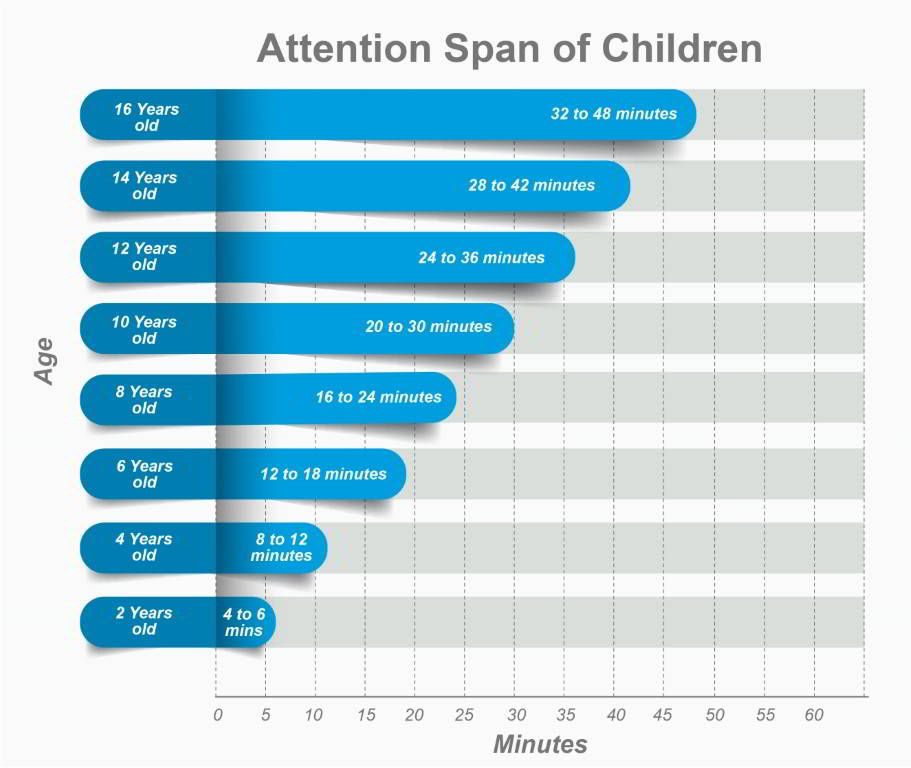How Many Hours Should We Homeschool Each Day?

How many hours to homeschool is a great question and as a veteran homeschool mom, my response is…it depends.
The number of hours you homeschool each day may change from one school year to the next. The study needs of your children will change as they progress from elementary to middle and high school.
Let's consider some of the factors that will affect how many hours your family homeschools per day.

8 Factors That Affect How Many Hours of Homeschooling to Schedule Per Day
1) The age or grade level of your child – As your child moves into middle and high school level work, the course material becomes more involved and advanced, thus requiring more hours for homeschooling. A third-grade math lesson will not take as long as an algebra or pre-calculus lesson.
2) The needs and personality of your child – Each of our children learn differently. Some children may need frequent breaks, and others may need extra time with math or reading due to a learning difference. As you work with your child, note their maximum attention span with a subject. Use that as a starting point, and don't hesitate to add break times. Working in shorter periods that are more productive will lead to a much more pleasant learning environment.
3) Your work schedule – If you are also working (outside of homeschooling) outside the home or in a home office, your homeschooling hours will vary. Consider schooling on Saturday or in the evenings. It is impressive how much homeschooling you can accomplish in an hour or two in the evenings.
4) Your yearly and monthly homeschool schedule – It's always helpful to start with a high-level picture of your homeschool year and month. At the very least, block out the time needed for a family vacation, holidays, appointments, and any long-term breaks you know will be required due to family or work activities. This high-level view helps you allocate more hours to one time period and less to another. Knowing these breaks are coming helps alleviate the stress that you may not be getting in enough school hours.
5) Who homeschools your children – Will you be the only person homeschooling your children, or will you have help from a spouse, friend, or family member? If you have someone to help one child while you work with another, it will double up what can be covered during the day or week.
Also, consider asking an older sibling to help a younger sibling with reading or other subjects.
Online learning platforms like CTCMath take the lesson planning, teaching, grading, and testing off your to-do list. Each child in your homeschool can independently work while you work with another child.
6) The utilization of co-ops or online classes – If you are utilizing a co-op or tutor, this may reduce the hours you are teaching but may increase hours devoted to homeschooling if you consider driving time to and from a co-op or tutor.
However, while one child attends a co-op class, you can work with other children.
7) Homeschooling one or more children in the same subject at the same time – Once you have determined the list of subjects each child in your homeschool will cover during the school year, decide whether you can teach one or more children at the same time. History, foreign language, and literature lend themselves well to this "group time" arrangement.
8) The number of subjects each child will be studying – It's not unusual to start the school year with an ambitious list of topics planned, only to find one or more of the "electives" has to be scaled down or rescheduled for summer or the next school year.
If you feel your list of subjects is overloaded, consider moving core subjects to an online platform that does the lesson planning, progress reporting, and testing for you. CTCMath offers an all-inclusive platform you can use for multiple grades. Pricing is super-affordable, with one flat annual fee for a family. Read the details here and take a test drive!
The Legal Requirements for Hours Spent Homeschooling
As you plan your homeschool days, weeks, months, or academic year, always start with your state's homeschooling laws. Each state has its own set of laws that may cover the number of hours or days required in an academic year.
For example, some states require 180 days of instruction without specifying the number of hours per day.
Also, check for attendance record laws. Your state may not dictate how many hours per day to homeschool, but they may require daily attendance records.
What Counts as Homeschooling?
When discussing the number of hours to homeschool per day, we have to look at WHAT we consider homeschooling.
If your teen is measuring, cutting, and constructing a window box for a hands-on math project, these activities are part of learning and homeschooling.
If your younger child is attending a hands-on animal-themed workshop at a zoo, that is homeschooling.
Homeschooling hours are not just time spent using a curriculum but also time spent in hands-on learning.
So, when you are recording the hours and/or days spent homeschooling, don't forget to include the time spent on hands-on learning, real-life experiences (i.e., cooking), and field trips. It is all part of your child's homeschool education.

What is a Reasonable Number of Hours to Homeschool Per Day?
It is interesting to talk with other homeschooling friends, read what the educational community recommends, and view a homeschool schedule on a blog. Those examples, at the very least, give us a good starting point and perspective.
For many years in our homeschool, I overscheduled and had high expectations. It may happen for you too, but that's okay. One of the benefits of homeschooling is adjusting and pivoting midday, midweek, or even mid-lesson!
Here is an interesting graph to consider about the attention span of children at varying ages as listed by Brain Balance Centers.

As you consider this data, think about each of your children and their unique learning abilities and personalities. Some of our children at eight can focus on a 20-minute reading lesson, while another child at the same age will max out at 10 minutes. Our oldest and youngest had two very different attention spans and frustration thresholds. Finding the optimal schedule took some trial and error, but we did it!
And you can too! Remember, there is no right or wrong way to create your family's unique and productive homeschooling schedule.
The benefit of homeschooling is being able to recognize and schedule for the varying needs of our children.
As you reflect on the past homeschooling years and plan for the next homeschool year, you will find that how many hours you homeschool per week will be influenced by the factors listed above and by the changing needs of your family.
The number of hours you homeschool per week is not a set one time and follow no matter what. It will change, and that's okay!
If you need a helping hand with math, CTCMath is here to take the planning, teaching, grading, and testing work off of you. Their award-winning curriculum provides assurance that your children receive high-quality math instruction, so you can focus on teaching other topics.
Enjoy a free trial of CTCMath by clicking here.